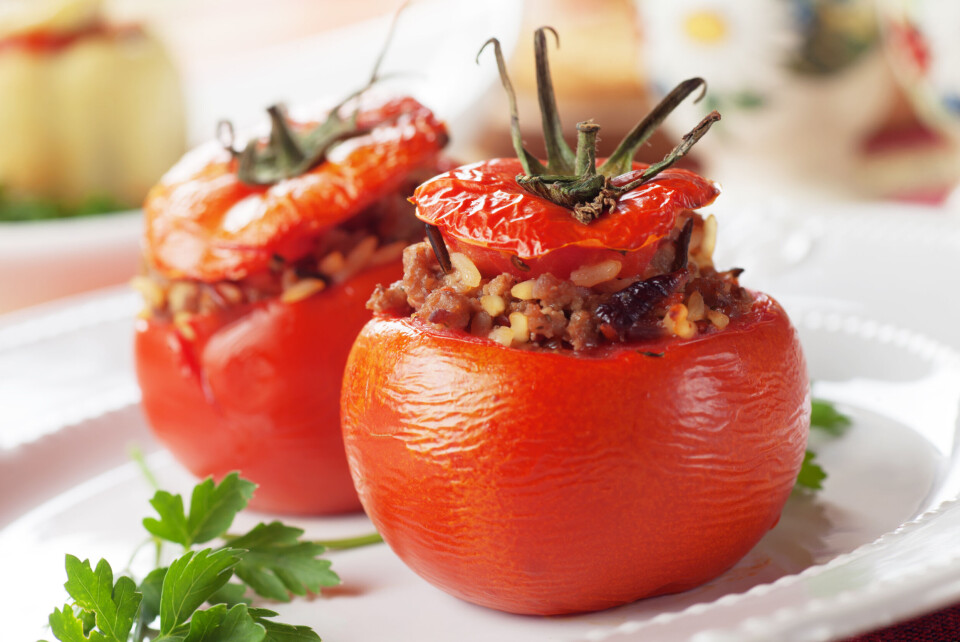-
How France’s new food strategy aims to change the national diet
The plan outlines new goals for meat consumption
-
Rugby vocabulary to know if watching the Six Nations in France
From un tampon to une cathédrale, understand the meaning of key French rugby terms
-
Best value 2026 Michelin French restaurants: Are there any near you?
Four regions did especially well on this year’s Bib Gourmand restaurant list
French language: how ‘stuffing’ is used in the kitchen and theatre
We take a look at the French word ‘la farce’ and what is has to do with dancing turkeys

Author Shirley Conran once famously, notoriously, said that "life is too short to stuff a mushroom".
Such a stance would hold no water with the French who, still today, are more than happy to take time in the kitchen to stuff a vegetable (or fruit) or three – the most common being tomates farcies.
The tomato is hollowed out, packed with chopped meat, garlic and herbs and baked.
Comedy stuffed into play
The noun for the stuffing is ‘la farce’ (ultimately derived from the Latin verb farcire, meaning ‘to stuff’), which instantly brings, to the anglophone ear at least, the image of a roustabout theatre piece with buffoons making fools of themselves.
The theatrical connection came when French theatre, with elements from Italy's Commedia dell’arte, inserted comic interludes in dramatic plays – the amusing asides and tomfoolery were thus 'crammed' or 'stuffed' into the evening's proceedings.
Padding, essentially.
Noone wants to be the turkey
A fun French phrase that subverts the sense of stuffing is: ‘Être le dindon de la farce’ (‘to be the turkey of the stuffing’ – as opposed to the stuffing in the turkey).
It means to be the butt of the joke, with the poor turkey traditionally used to represent clumsiness and stupidity.
Turkey trot
One theory about the idiom's origin is deeply unpleasant – that it refers to 'turkey ballets' at Parisian fairs, where the poor animals were placed on a metal plate that was slowly heated up, thus making them ‘dance’, to onlookers' amusement.
The practice was banned in 1844.
To end, Conran also said: "I make no secret of the fact that I would rather lie on a sofa than sweep beneath it."
Surely not even the French can argue with that?
Related articles
La viande: Little-known origins of the French word for meat
Bouillon, soupçon: Two French culinary terms with other meanings
Discover not so appetising origins of the French saying ‘bon appétit’
























